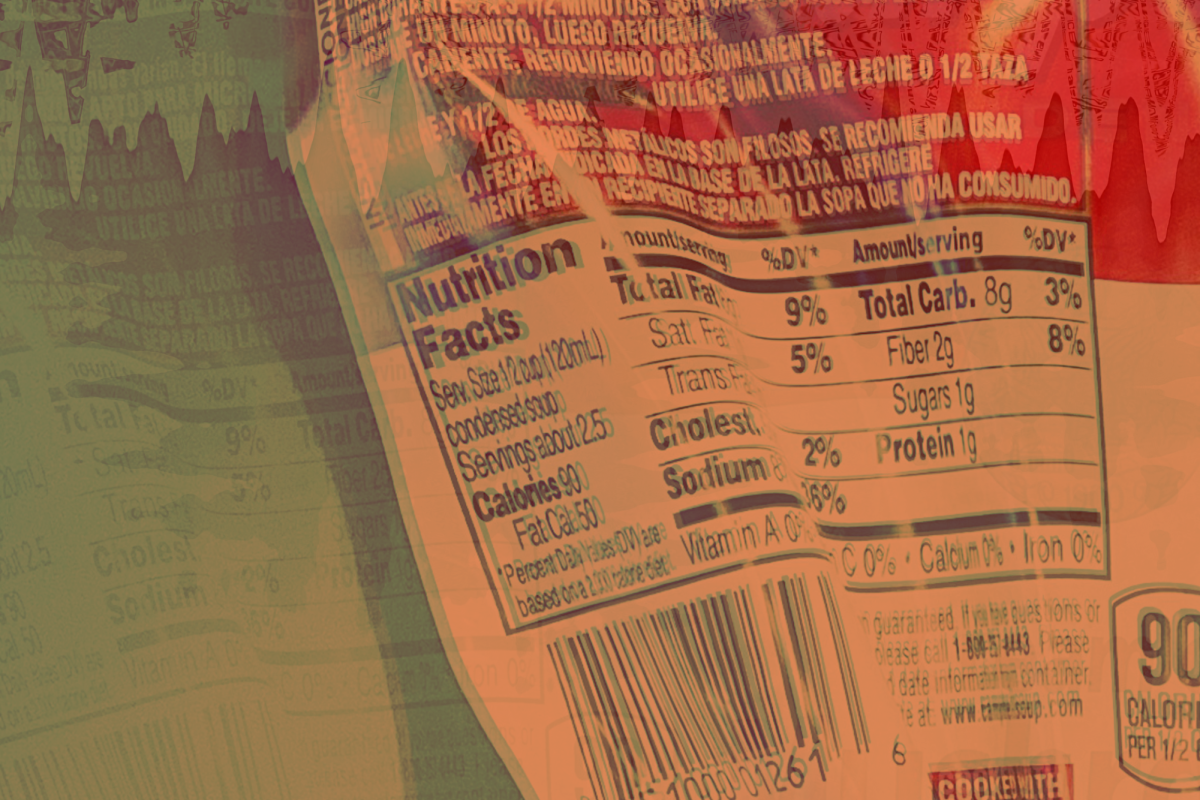
The age-old idiom “give somebody an inch, and they’ll take a mile” proves accurate every time we give a panhandler a dollar. Instead of taking up one street corner they’ll take up every street corner, and the demand will only increase. While at first it may seem strange to criticize people for giving money to those in need, the reality is that this act of kindness directly contributes to the increase in panhandling and indirectly facilitates drug addiction. Many panhandlers are neither homeless nor hungry — they are scam artists who, in most cases, are using your hard-earned money for drugs and alcohol.
KUTV and KSL have reported that these scam artists are using the money they exploit from kindhearted citizens to sustain drug and alcohol addictions, and many of them are career criminals. Over the last six months, I have personally observed four panhandlers who operate near the I-215 State Street exit, where they work a four-person rotation where one person begs while the others sit in the shade.
They live in the government subsidized apartments nearby, and they pull in about $15 to $20 an hour. While that may not seem like a lot of money for four people to split, they don’t pay taxes on the income, and they all admitted to being on welfare, which means they are actually making quite a bit of money at the public’s expense. When I offered to buy them lunch for sharing these insights, they asked me for $20 instead and seemed less than thrilled when I insisted on buying them sandwiches.
Gone are the days when people who panhandled were not only homeless but also looked the part as well. They have been replaced with a much younger crowd that doesn’t even bother trying to look the part of destitute and wear designer clothing while talking on their cell phones. Yet they still choose to use ragged pieces of cardboard to deliver such messages as “Too ugly for prostitution,” or “I hope you never have to be in my shoes.” Surely if someone is making enough money to afford a cell phone bill they can drop a couple of dollars for some colored poster board.
However, at the end of the day the problem is not so much these scam artists, but the people who insist on contributing to the problem by believing their stories and giving them money. Society has perverted the wise old proverb of “Give a man a fish and you feed him for a day. Teach a man to fish and you feed him for a lifetime.” By giving these scam artists money, we are not only feeding their motivation to panhandle, we are convincing them that their efforts can be profitable on a daily basis.
Last year a federal judge declared that an attempt by Utah to enact a law making panhandling illegal was unconstitutional, which means panhandlers have as much right to ask for your money as religious missionaries have to knock on your door. So the responsibility falls on us to say no to panhandlers as firmly as we would to those soliciting religion by simply closing the door and keeping our car windows rolled up.










TISOG • Dec 2, 2013 at 12:39 pm
The problem is a lot of these panhandlers can’t get jobs. Often they have a criminal background or mental illness which prevents them from even being considered for basic low-wage jobs, so what are they going to do? We have to understand that by releasing petty criminals back into society without any rehabilitation, they’re not going to be able to get hired, so the only way they can live is through government subsidies (or panhandling). It’s a vicious cycle, and I understand your frustration, but maybe instead of enacting laws that make panhandling illegal, we can come up with ways to actually help the root cause of the problem; criminal rehabilitation so they can get jobs, and affordable access to treatments for mental illness and alcohol/drug addiction.
TISOG • Dec 2, 2013 at 12:39 pm
The problem is a lot of these panhandlers can’t get jobs. Often they have a criminal background or mental illness which prevents them from even being considered for basic low-wage jobs, so what are they going to do? We have to understand that by releasing petty criminals back into society without any rehabilitation, they’re not going to be able to get hired, so the only way they can live is through government subsidies (or panhandling). It’s a vicious cycle, and I understand your frustration, but maybe instead of enacting laws that make panhandling illegal, we can come up with ways to actually help the root cause of the problem; criminal rehabilitation so they can get jobs, and affordable access to treatments for mental illness and alcohol/drug addiction.
Whoa Nellie • Dec 2, 2013 at 9:03 am
Saturday night I saw one unique plea written on the standard cardboard that began with, “My dad was killed by Ninjas” and ended with a request for help. This sign was held by a guy about 40 years old.
Good opinion article right up to your last paragraph when your attempt at comparing panhandlers to missionaries fell flat on your face. Lame comparison as one group wants to take and the other wants to give. Other than that this article is spot on.
Whoa Nellie • Dec 2, 2013 at 9:03 am
Saturday night I saw one unique plea written on the standard cardboard that began with, “My dad was killed by Ninjas” and ended with a request for help. This sign was held by a guy about 40 years old.
Good opinion article right up to your last paragraph when your attempt at comparing panhandlers to missionaries fell flat on your face. Lame comparison as one group wants to take and the other wants to give. Other than that this article is spot on.